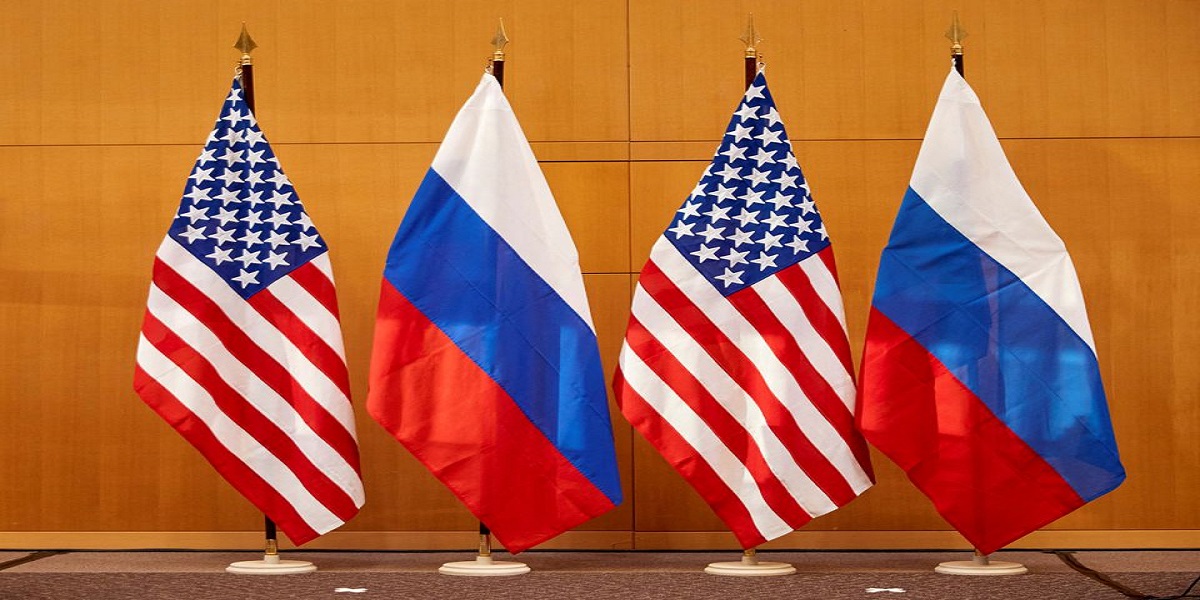As Washington increases up pressure following Russia’s invasion of Ukraine, the US pushed Russia closer to a historic debt default on Wednesday by refusing to extend its licence to pay bondholders.
The US Treasury Department announced late Tuesday on its website that it will let a licence that permitted Russia to make interest and maturity payments on its sovereign debt to U.S. individuals expire at 12:01 a.m. ET (0401 GMT) on Wednesday.
[embedpost slug=”thank-god-some-foreign-companies-have-left-russia-putin/”]
Although the waiver has allowed Russia to keep up with government debt payments, its expiration now threatens to make a default on at least some of its $40 billion in international bonds – Russia’s first big external debt in almost a century – probable.
Western sanctions implemented in response to the Kremlin’s Feb. 24 invasion of Ukraine, as well as Moscow’s responses, have made cross-border money transfers more difficult, but Russia has made a conscious effort to maintain paying bondholders.
However, with about $2 billion in payments due by the end of the year, it may soon run out of options.
“Russia will be in default on a sovereign debt if bondholders do not receive their money when it is due, factoring in any grace periods that apply,” said Jay Auslander, a partner at law firm Wilk Auslander. “With the waiver gone, bondholders appear to have no way of getting reimbursed.”
On Friday, Russia accelerated payments on two international bonds, one in euros and the other in dollars.
The National Settlement Depository (NSD) in Moscow, where the bonds with interest due on May 27 are settled, said it had received the hard currency needed to make the payment and would do so on Friday, though it did not elaborate on how this would be done.
However, it is unclear whether the payments will ever reach foreign creditors due to the complexities of international financial systems. The payment had not arrived in the firm’s account by Wednesday, according to one Asian bondholder. The two payments have a 30-day grace period in Russia.




















